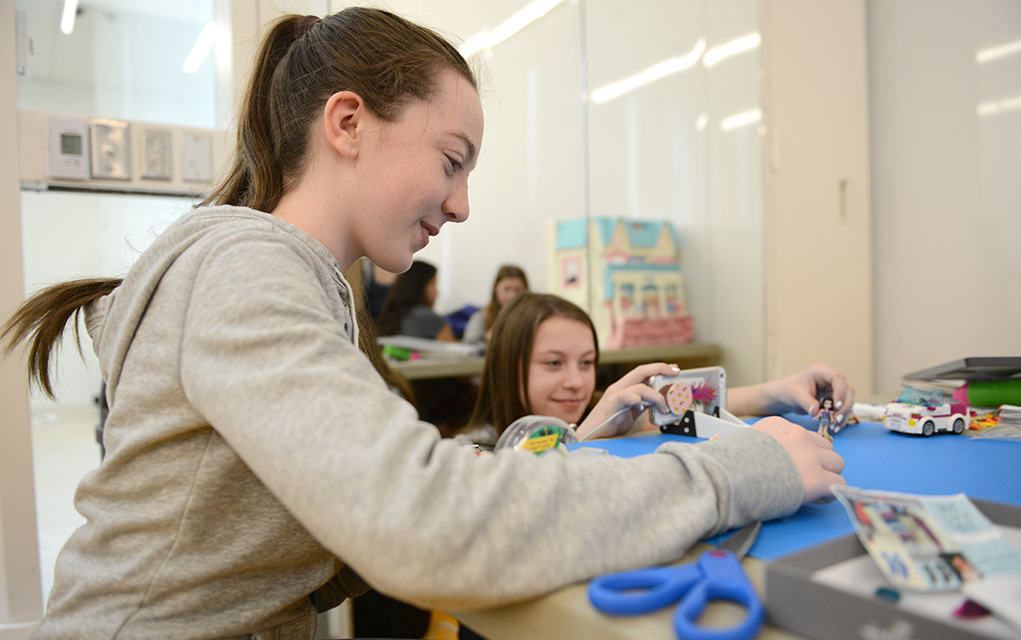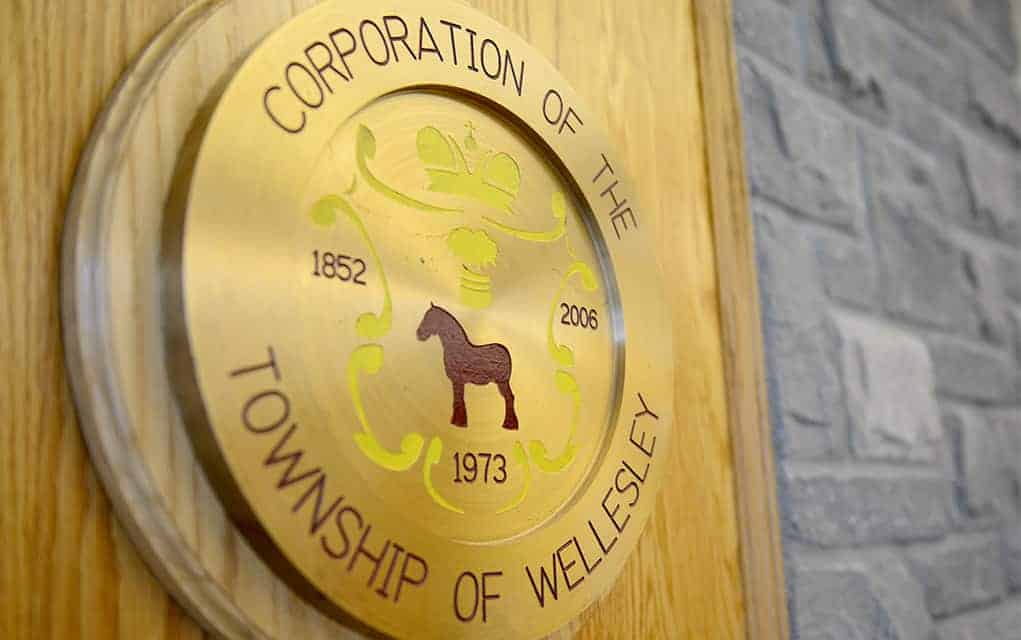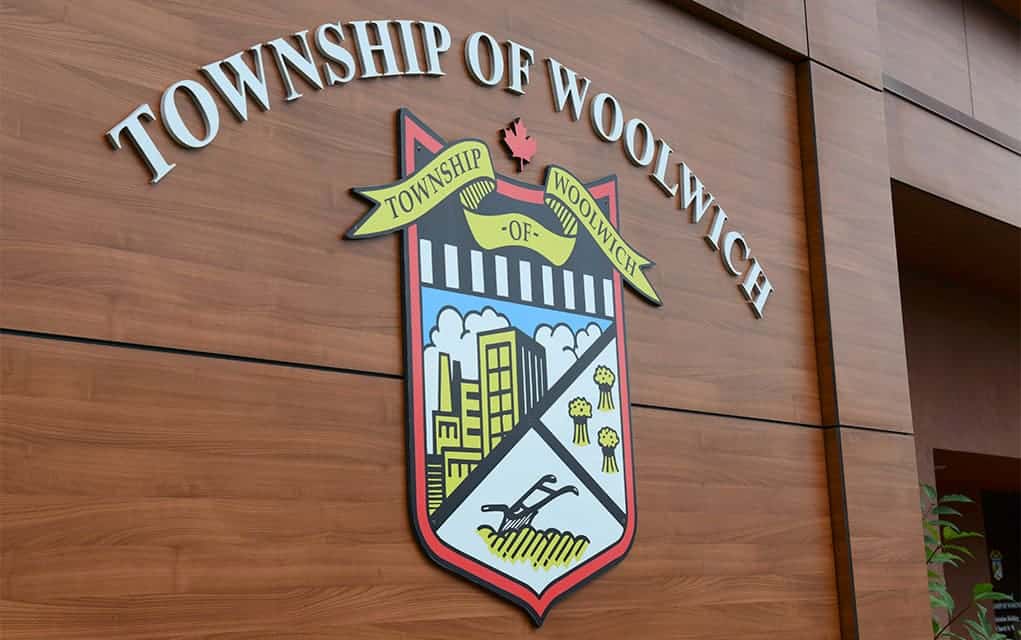More than 750 Catholic students from the local board and beyond attended the Waterloo Region Technological Skills Competition last week at Conestoga College.
Hosted by the Waterloo Catholic District School Board, the elementary event provided students the opportunity to engage in hands-on learning by tackling practical design and thinking challenges.
“The goal of the Waterloo Catholic elementary skills challenge is to have our students working on authentic problems and proposing solutions that help people in our community,” said Ferdinand Krauss, learning innovation and IT consultant with WCDSB.
“The students work on design thinking challenges that lead them through a process where they do some initial research and investigation to identify an issue and then they design and build prototypes or models that help solve the problem. They test their prototypes and receive feedback from community partners and peers to improve the design of their models before delivering a final presentation.”
With challenge categories in 3D printing, coding, Lego mechanics and robotics, technological design and video editing, students heard from organizations such as the KW Humane Society, the KW Food Bank and Wyndham House in Guelph to learn about the organization’s goals and challenges that could be addressed by innovation.
Following that, students were tasked with taking that information and using their category to solve the problem or help with promotion.
“For example, our technology group had a video chat with people at Wyndham House to find out about the organization’s goals in reducing youth homelessness. The students were very motivated to use this information to design display cases which explained the goals of the organization and to sell their ‘socks for shelter’ items to raise money for the services they provide,” said Krauss.
In addition to raising awareness, groups such as those in the 3D printing challenge were tasked with designing software to create prototypes to help people’s day-to-day life.One group created and printed off a prototype that would go around the wrist of someone with arthritis to help him or her hold their toothbrush independently to enhance their sense of well being.
“It is really incredible to see what the students are capable of producing once you just sort of unleash that creativity within them and give them authentic things to work on,” said Krauss. “I think its very engaging for them.”
Participating in the video editing portion of the skills challenge was Anna Petrone and Hailey Lance, Grade 7 students from St. Teresa of Avila in Elmira.They were challenged with creating a stop motion video to help raise awareness for the food bank.
“We are making a stop motion video on trying to make awareness that people are out there without any food and we would just kind of like people to start donating to the food bank and so the food bank can get people the food they need,” said Lance. “I think its really fun, I just like kind of making awareness of other things that are happening in the world that maybe aren’t happening to me right now.”
While the two both say they do video editing in some sense at home, it was very apparent the cause behind the video was more of a driving point for their excitement.

Echoed by Corinne Donald, special education teacher at Saint Teresa of Avila, says it has been great to see the commitment from students to their projects. Attending for the first time herself, she brought 17 Grade 4 and 6 students, and ten intermediate Grade 7 and 8 students.
“It is fabulous so manystudents have had a chance to collaborate and work on 21st century learning skills. Mainly what I am impressed with is their initiative and the self motivation that they have showed,” she said. “You can tell that they are excited to work on it, they are enjoying it – it doesn’t seem like it is work.”
While still a skills challenge there were no specific rankings at the end of the day, but rather the promotion of collaboration in the cooperative environment of students working to solve problems together.









